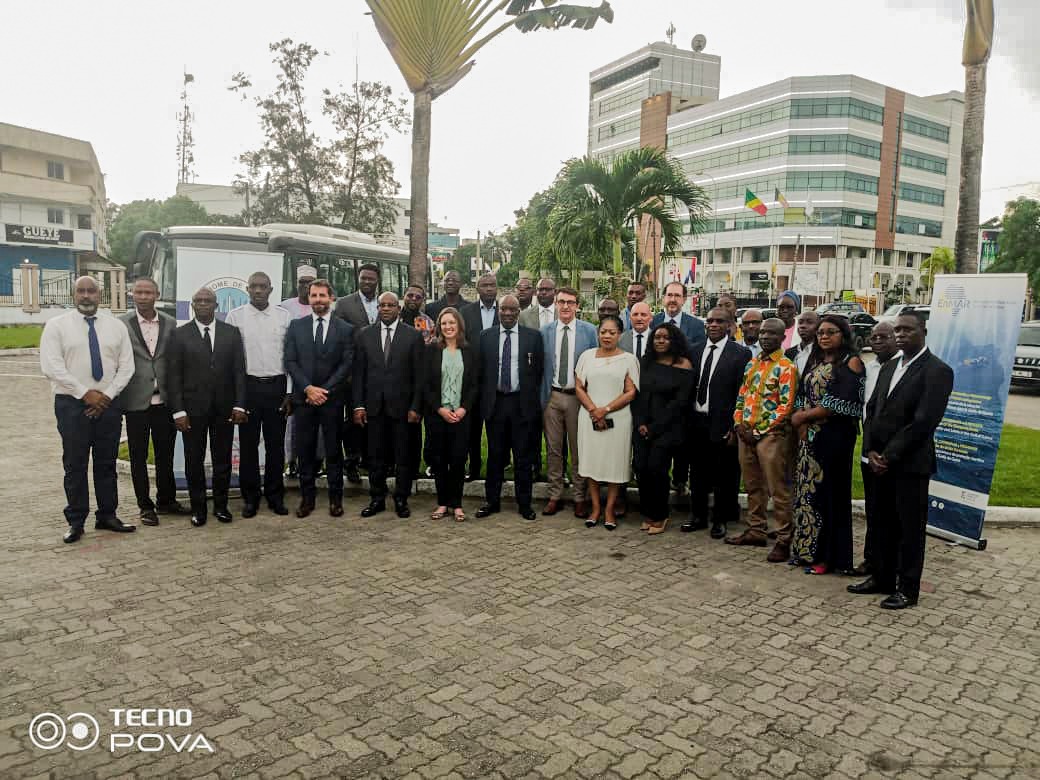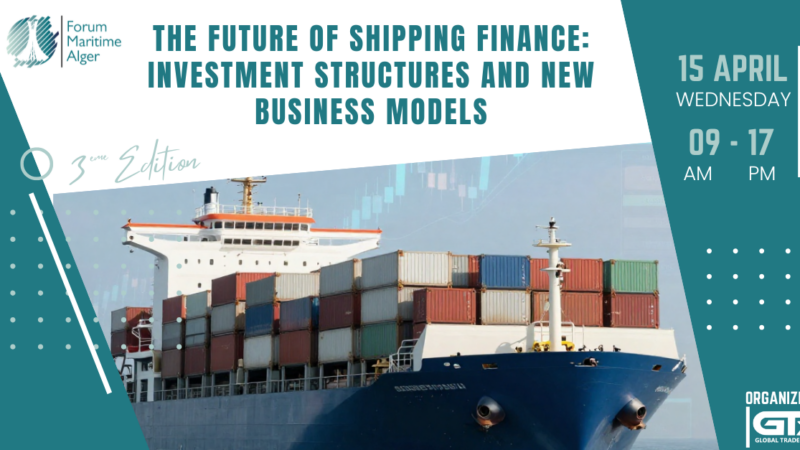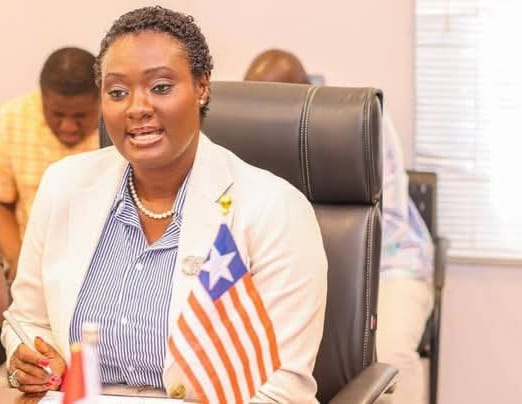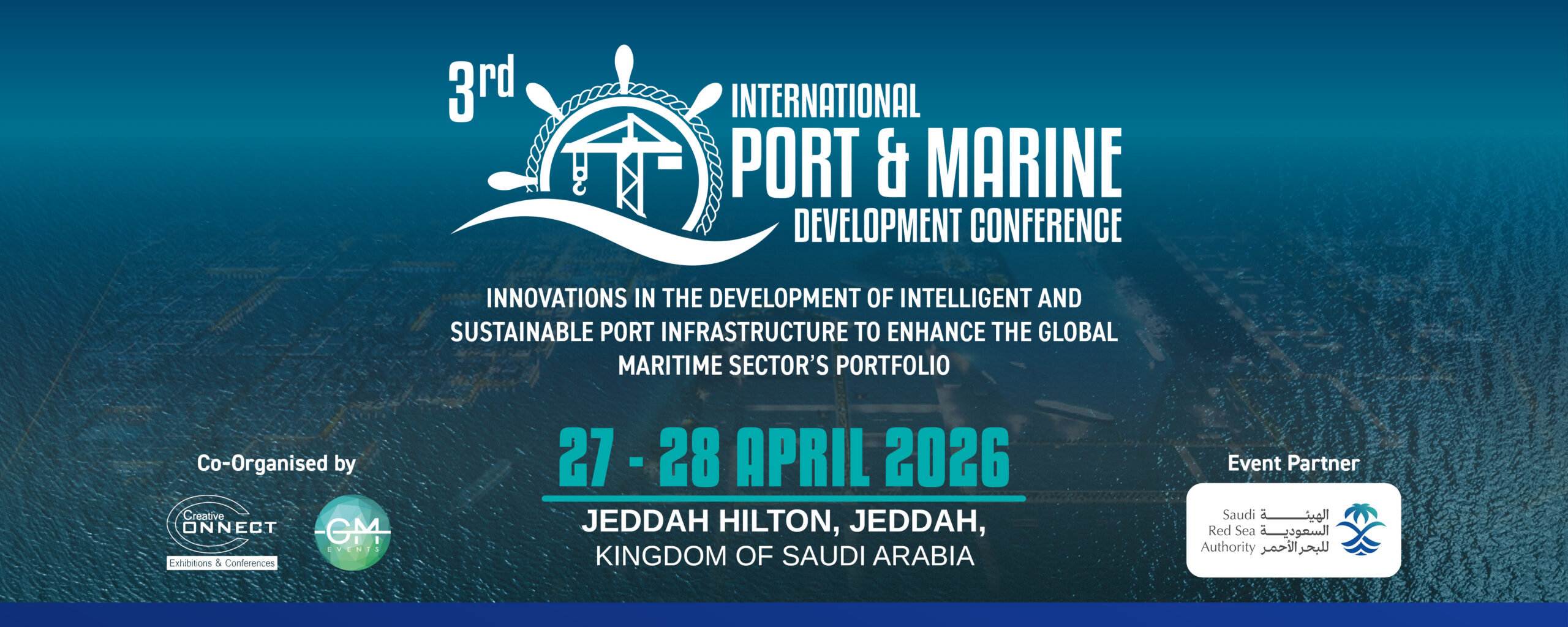Port security: “Strengthening port management of hazardous materials” at the heart of a regional seminar of member ports of the Ports Management Association of West and Central Africa (PMAWCA) held in Pointe-Noire from 16 to 18 April 2024
Organised by the EnMAR project, with funding from the European Union and implemented by Expertise France in synergy with the Port Management Association of West and Central Africa (PMAWCA) and the Port Autonome de Pointe-Noire (PAPN), this seminar, the third in a series of training courses dedicated to port safety and security, forms part of technical support for maritime security in the Gulf of Guinea.
A large number of dangerous goods transit or are stored in restricted areas. However, the consequences of mishandling or failing to comply with dangerous goods management protocols can be catastrophic, both in terms of human lives and environmental impact. As there is no such thing as zero risk, reducing the vulnerability caused by the maritime transport of dangerous goods is a major objective for port authorities in particular.
The organisation of this regional seminar on “Strengthening port management of hazardous materials”, which was held over three days and brought together participants from nineteen (19) ports in West and Central Africa, including experts ideally drawn from the sector, such as harbourmasters and departments dedicated to quality, hygiene, safety and environmental issues, was no accident.
Led by a team of experts comprising a “governance” expert, a “civil protection” expert, a “crisis management” expert and a “hazardous materials” expert, the aim of the seminar was to provide support to port authorities, in order to help improve the capacity of ports in their management of hazardous materials tracking processes, from the moment a ship is announced until it leaves the port’s area of responsibility.
This necessarily involves improving the managerial qualities of port authorities by providing feedback on the management of hazardous materials based on international and national rules, the experience of a number of leading ports in Africa and around the world, feedback and visits.
Collaboration and knowledge exchange between seminar stakeholders to mitigate risks and build collective resilience to potential incidents was paramount. It was therefore essential for maritime and port authorities to have optimum management of the risks induced by hazardous materials in order to reduce and limit their effects.
During the seminar’s group work, led by the auditors and experts mobilised by Expertise France in the field of governance, crisis management of hazardous materials and civil protection, the participants discussed specific case studies and took a close look at best practice in the management of hazardous goods, focusing on accident prevention, emergency preparedness and effective response in the event of an incident.
They also identified current gaps in port risk management systems and explored innovative solutions to fill them. These discussions and exchanges were enriched by a visit to the facilities of the Port Autonome de Pointe-Noire.
At the end of the regional seminar, Jean Marie KOFFI, Secretary General of the Port Management Association of West and Central Africa (PMAWCA) called on participants to work together to put the knowledge acquired into practice: “As participants in this seminar, we now have a collective responsibility to transform the knowledge acquired into concrete action. This will require close collaboration between governments, port authorities, businesses in the port community, international organisations and civil society. Together, we need to strengthen regulation, improve infrastructure, build capacity and raise awareness of the crucial importance of the safe management of dangerous goods. I am convinced that with our common commitment and determination, we can create safer and more sustainable conditions for port communities in the West and Central African region. We must act now in a decisive and concerted manner to protect our populations, preserve our environment and promote responsible maritime trade”.
For Jacques BIVOUA, QHSE Director at the Port Autonome de Pointe-Noire, hazardous materials are at the centre of clinical risks, physical risks and biological risks with the same criticality. This regional seminar is therefore an added value for the PAPN, which has experience in taking safety into account.
He went on to say that “this seminar marks a milestone, a new direction. It is a proactive culture, a culture of prevention that is being put in place”.
The success of this seminar did not leave Evelyn VANCOLLIE, EnMAR’s Strategic Manager, unmoved. She invited the participants to maintain the links and friendships they have made with each other, so that they can call on each other when needed and continue to share their experiences and good practices.
By Antoine Dustell Mbama, Correspondent for Maritimafrica in the Republic of Congo






